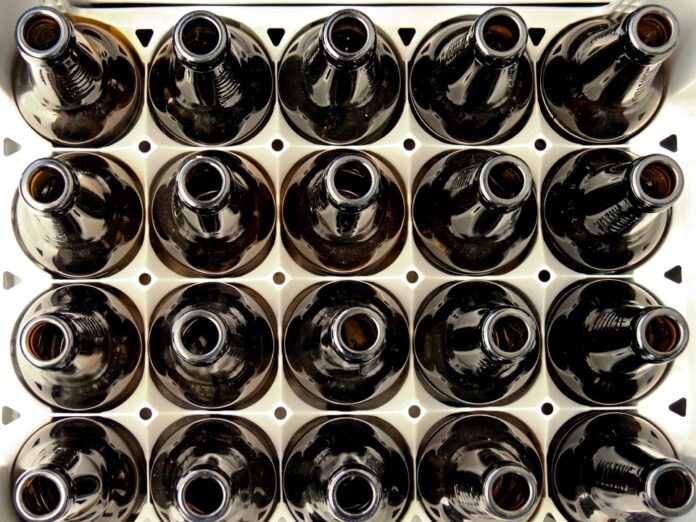Introduction
With the increasing focus on sustainability and environmental consciousness, the beer industry is undergoing a transformation in the way it packages and delivers its products. Multi packs and carriers are essential for transporting beer from breweries to consumers, and redesigning them for eco-friendliness is becoming a top priority for many companies in the market. In this report, we will explore how beer companies are innovating their packaging solutions to reduce their environmental impact and meet the growing demand for sustainable practices.
Current State of Multi Packs and Carriers in the Beer Market
Traditional Packaging Methods
Historically, beer has been packaged in plastic rings, cardboard boxes, and plastic wrap, which are not environmentally friendly and contribute to pollution and waste. These traditional packaging methods have come under scrutiny as consumers become more aware of the detrimental effects they have on the environment.
Shift Towards Eco-Friendly Packaging
Recognizing the need for change, many beer companies are now investing in redesigning their multi packs and carriers to be more eco-friendly. This includes using recycled materials, biodegradable packaging, and innovative designs that minimize waste and promote sustainability.
Financial Impact of Eco-Friendly Packaging
Cost Considerations
While transitioning to eco-friendly packaging may involve higher upfront costs for beer companies, the long-term benefits can outweigh the initial investment. By reducing their environmental footprint, companies can attract environmentally conscious consumers and improve their brand image, leading to potential financial gains in the future.
Consumer Demand
Research has shown that consumers are increasingly choosing products that are packaged in eco-friendly materials. By offering sustainable packaging options, beer companies can tap into this growing market segment and differentiate themselves from competitors.
Industry Insights
Case Studies
Several beer companies have already made significant strides in redesigning their multi packs and carriers for eco-friendliness. For example, Heineken has introduced sustainable cardboard packaging for its six-packs, reducing plastic waste and promoting recycling. Similarly, Carlsberg has launched a “Snap Pack” that eliminates the need for plastic rings by using glue to hold cans together, reducing plastic waste by up to 76%.
Trends and Innovations
The beer industry is witnessing a shift towards more sustainable packaging solutions, driven by consumer demand and regulatory pressure. Innovations such as compostable packaging, reusable carriers, and plant-based materials are becoming more prevalent in the market as companies strive to reduce their environmental impact and meet sustainability goals.
Conclusion
In conclusion, the redesign of multi packs and carriers for eco-friendliness is a crucial step for beer companies looking to improve their sustainability practices and appeal to environmentally conscious consumers. By investing in innovative packaging solutions, companies can reduce their environmental footprint, enhance their brand image, and position themselves for long-term success in a rapidly evolving market. As the demand for eco-friendly products continues to grow, beer companies must adapt and innovate to stay competitive and meet the changing needs of consumers.




